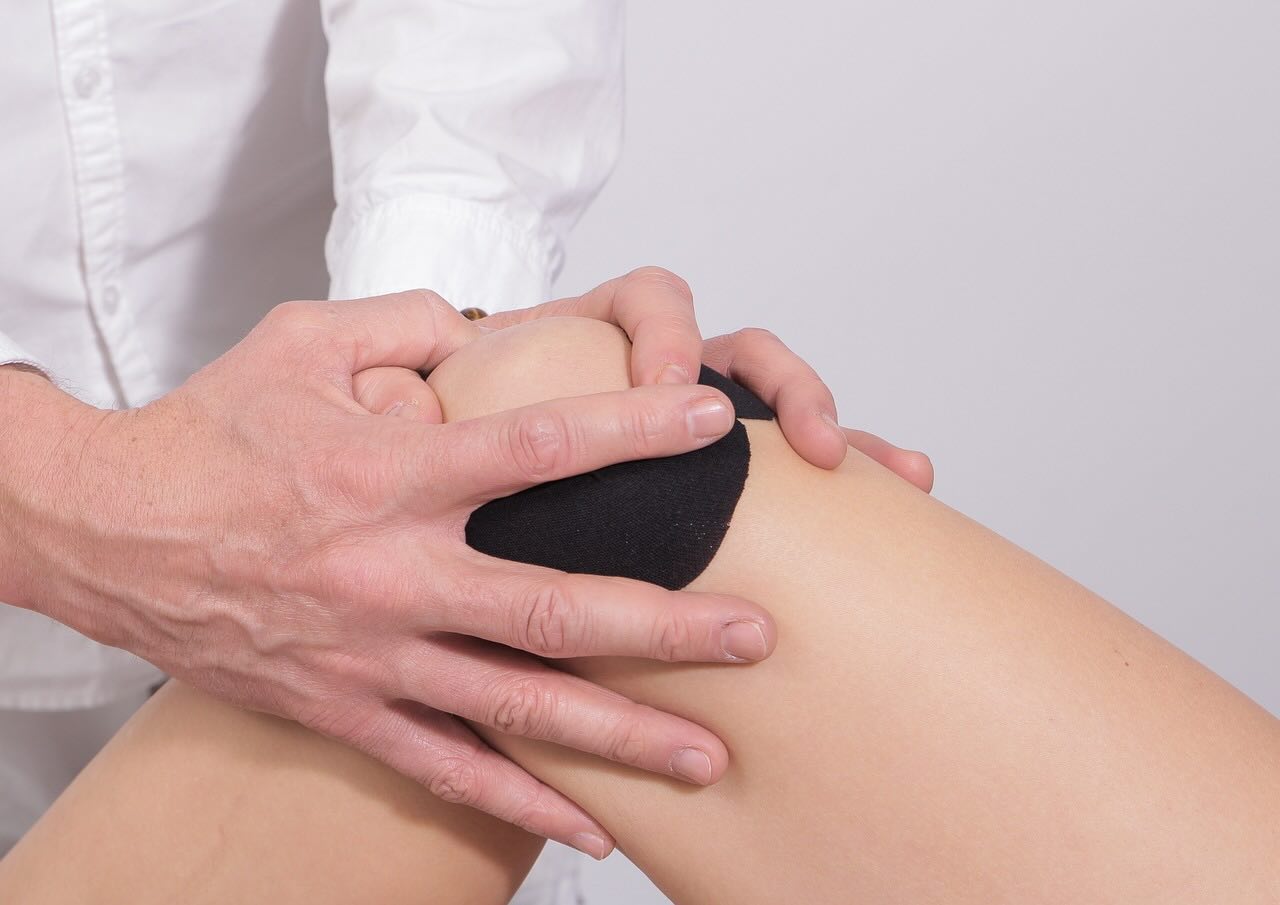Join our Support Group
Your questions and concerns have most likely been asked and answered in our support group.
Dislocated Hip - What Is It? What Are The Symptoms & Treatments?
.png)
How do I know I have a dislocated hip? Here are signs and symptoms something might be wrong with your hip.
Swelling – severe pain – visible misalignment. Do these words come up when you think of your hip? If so, you may be experiencing symptoms of a dislocated hip, a painful condition that many olderCanadians will face as they try to remain active in their twilight years. If you’re worried you might be susceptible to this condition, now might be a good time to educate yourself on the signs to look out for and the types of treatments an orthopedic surgeon can offer you.
What is a Hip Dislocation?
A traumatic hip dislocation occurs when the head of the thighbone (femur) is pushed forward or backward out of the hip bone socket located in the pelvis. Typically, it takes a major force to dislocate a hip –in certain elderly populations, this can be a fall from a simple standing position. The most common cause dislocations occur from car collisions. This is because the knee typically hits the dashboard in a collision, which forces the femur backwards, risking the ball head of the femur out of the hip socket.Dislocations are also known to occur frequently during contact sports such as football and hockey. Oftentimes, these are accompanied with other injuries, such as broken bones. A hip dislocation is considered a serious medical emergency, and people who suffer from this condition should seek immediate treatment.
Patients who experience a dislocated hip often describe a feeling of severe pain or inability to move their leg. Moreover, the position of the affected leg may appear crooked or lopsided when compared to the healthy side of their body. It is not abnormal for patients to experience loss of feeling in the foot or ankle area if there is nerve damage. Additional symptoms may include:
- Limping
- Warmth around the hip area
- Pain in the groin region
- Having difficulty sleeping on the affected hip
Imaging studies will ultimately be needed to determine the condition of your hip, and will help your doctor look for additional injuries if they have occurred. Your doctor will perform a thorough examination to rule out any other possible source of pain.
Hip Dislocation Treatment
A hip dislocation can be successfully treated without any long-term complications if it is spotted, diagnosed and managed early. If there are no other injuries, the doctor may opt for the non-surgical treatment option– simply manipulating the bones back into their proper position. This is called a reduction. Don’t worry, you’ll be sedated or locally anesthetized during the procedure!
In some cases, the reduction will have to be done in the operating room with general anesthesia. Usually, this option is needed when the soft tissue or labrum is also injured. In such cases, your doctor may suggest a hip arthroscopy. This is a minimally-invasive procedure that uses miniaturized instruments and a small camera to view the hip joint. With help from these instruments, the surgeon can then make the necessary repairs to your hip joint and soft tissue surround it.
Once your medical intervention is completed, your hip joint will take time to heal. It can take up to two to three months for the hip to heal after a dislocation (or even longer if accompanied by other injuries).During this time, your doctor may recommend limiting hip motion for several weeks to protect the hip from dislocating again. Many patients opt for physical therapy during this time, in addition to walking aids like walkers, canes and crutches.
Are you experiencing symptoms of a dislocated hip? Our surgeons at Ortho Westmount offer top-level orthopedic care for any hip concerns you may have, all in one location. Make an appointment today to start your healing journey.




